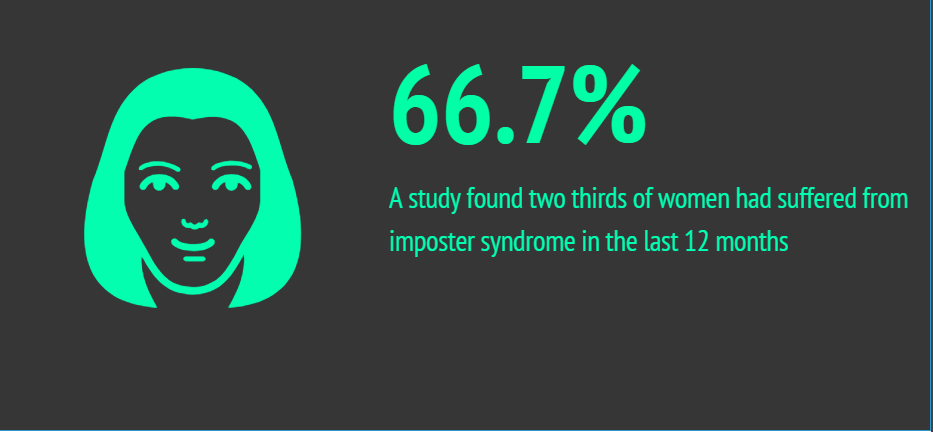“The beauty of the impostor syndrome is you vacillate between extreme egomania and a complete feeling of: ‘I’m a fraud! Oh God, they’re on to me! I’m a fraud!’ So you just try to ride the egomania when it comes and enjoy it, and then slide through the idea of fraud.” – Tina Fey
In my time as a technical recruiter, if I had been paid one pound for every time I have spoken to a woman in tech who said “I’m not sure I have the right skills for that role”, I’d be a millionaire. I’m a strong believer that this attitude could prevent you from reaching your potential and I’ve always tried to convey this to my fantastic female candidates. Impostor syndrome is quite common within women in technology: the idea of doubting accomplishments and thinking there is some reason that you got the job that isn’t down to your pure skill and talent.
You got the job! Not quite yet..
So, what are the right skills for the job? I know that when most people read a job spec they are thinking of the requirements section as a figurative tick list of skills that you posses. You will probably look at it and think ‘I only have four out of eight of those requirements, I might as well keep looking’. In my opinion, this shouldn’t be the case. The “requirements” section is always what the ideal unicorn candidate has and are usually purely technical, there are so many more skills which are as highly valued.
Coming from a non STEM background can make applications intimating when it states- undergraduate degree required. However, we know that there is no ‘right’ way to get into tech. Some of the most fantastic engineers and developers I know started their careers in something completely unrelated to software development. More and more women are diving into a career in technology without coming from a traditional computer science degree background. Does this mean they are inadequate? No! Does this mean that they won’t get the most competitive jobs on the market? No! So my advice is seek some advice, your recruiter will be able to advice you and help you meander your way through the application processes.
Each year there are nine times more open computing positions, which seems unsurprising but somehow still astonishes me. After leaving University with £50,000 of debt, the least I can say about higher educations is that it is expensive. Have a look at this article discussing the pros and cons to coding bootcamps vs. computer science degrees for some helpful insights.
Don’t forget the soft skills!
Both soft and technical skills are important. We know that diverse companies are more successful as shown by Morgan Stanley in a recent study. Female representation is a requirement for a happy and positive workplace. The bottom line is that gender diversity leads to different perspectives being taken into consideration which in turn leads to better decision making. Furthermore, if decision making improves with gender equality in the workplace then more female representation in management roles is especially important.
So when is it right to take the step into a leadership position? It is within human nature to get comfortable. Especially when considering changing roles, getting a promotion, and moving teams internally. Sometimes we think, am I good enough? The answer usually is you won’t know unless you try. My advice would be to ask for advice from colleagues, mentors, or friends. They will be able to dismiss any doubts and hopefully give the boost you need to make positive change, including insights on how to support neurodiverse colleagues in leadership.









